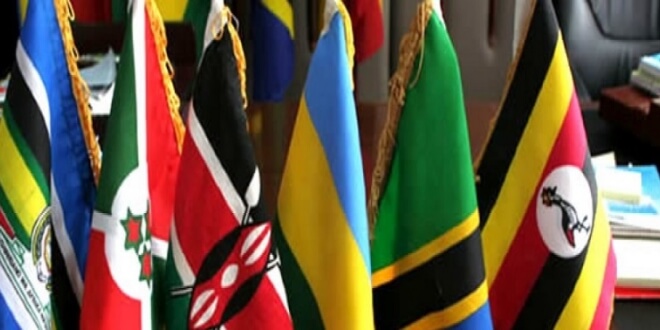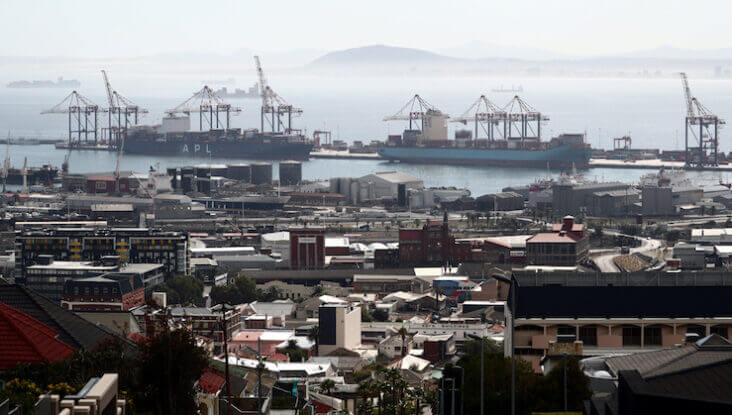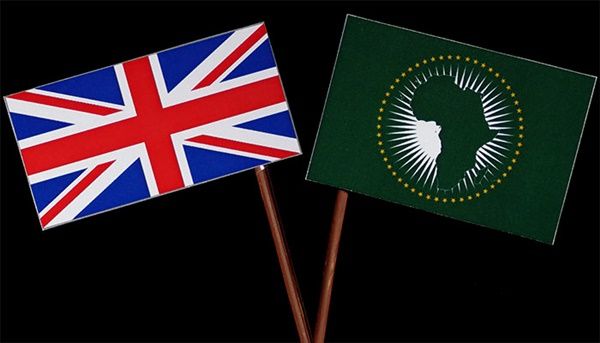Informality is pervasive across the developing world. It is estimated that a substantial share (30%-40%) of Africa’s regional trade is informal, and that four times as many cross border traders are likely to be operating outside the formal economy than within it. Cross-border trade can encourage entrepreneurial activity and regional trade integration, and create employment opportunities for vulnerable groups. In fact, a key feature of informal cross-border trade is that most traders are women, for whom such trade is often their main or even only source of income. UNCTAD’s research found that African cross-border traders, especially women, face various obstacles that hinder their growth opportunities. Obstacles at the border include poor facilities, cumbersome processes, weak governance, payment of undue fees, harassment, bribery, and corruption. Traders also face supply-side barriers, such as misinformation about customs procedures and regulations, lack of access to capital and assets, limited literacy and entrepreneurial skills, among others. Moreover, when crossing the border through unofficial paths, female traders can be subject to fines, confiscation of goods, and sexual assault. Among these obstacles, access to finance was identified as one of the most pressing challenges for traders. However, field findings also show that most women traders have a mobile phone, which can open up opportunities to enable them to become financially included. Innovative technologies like mobile-phone-enabled solutions can expand access to basic financial services. Mobile money, for example, enables individuals to store and transact money in digital form without the need of a bank account. Research has also...
Leveraging digital solutions to seize potential of informal cross-border trade
Posted on: May 5, 2020
Posted on: May 5, 2020






















